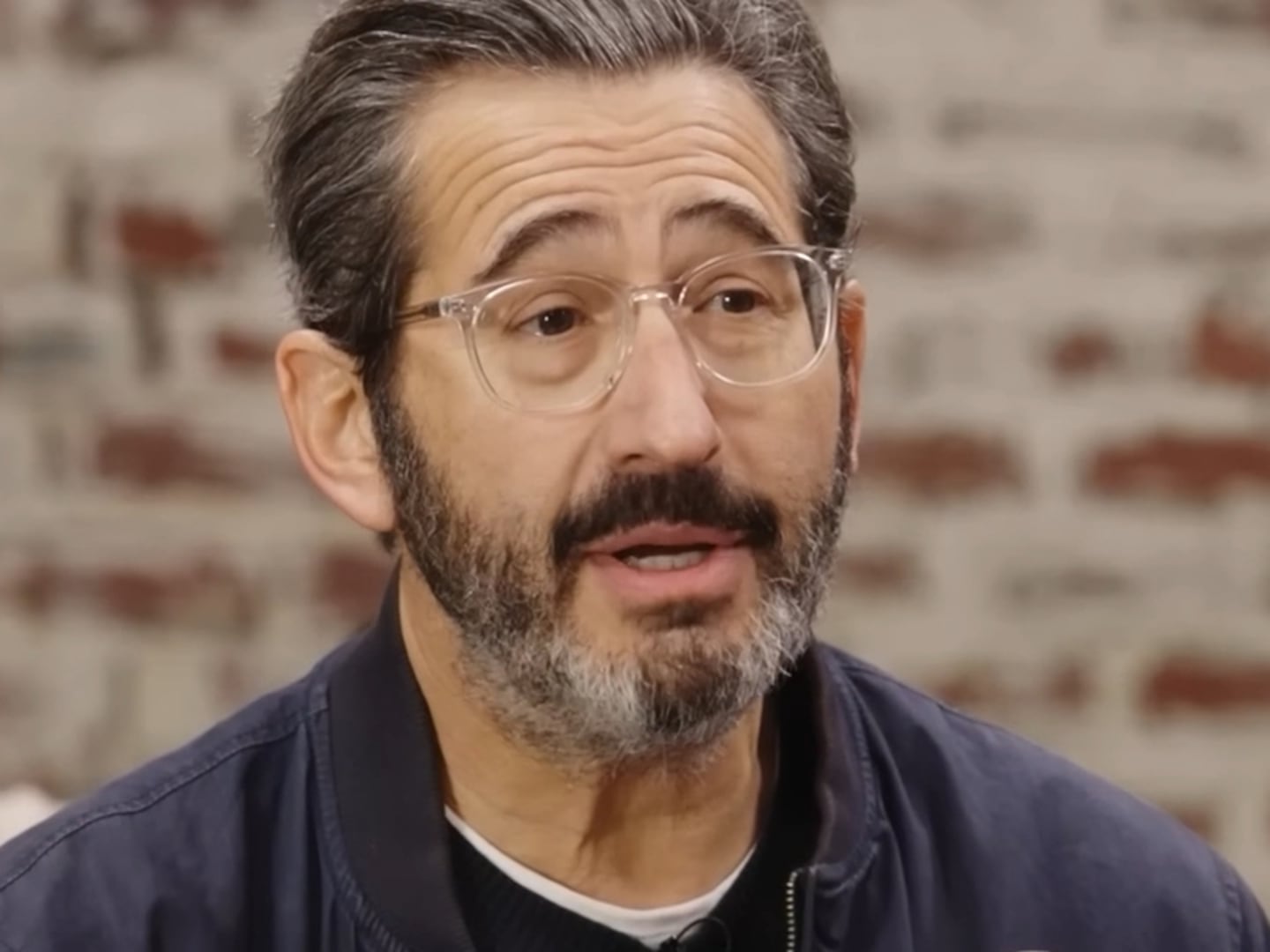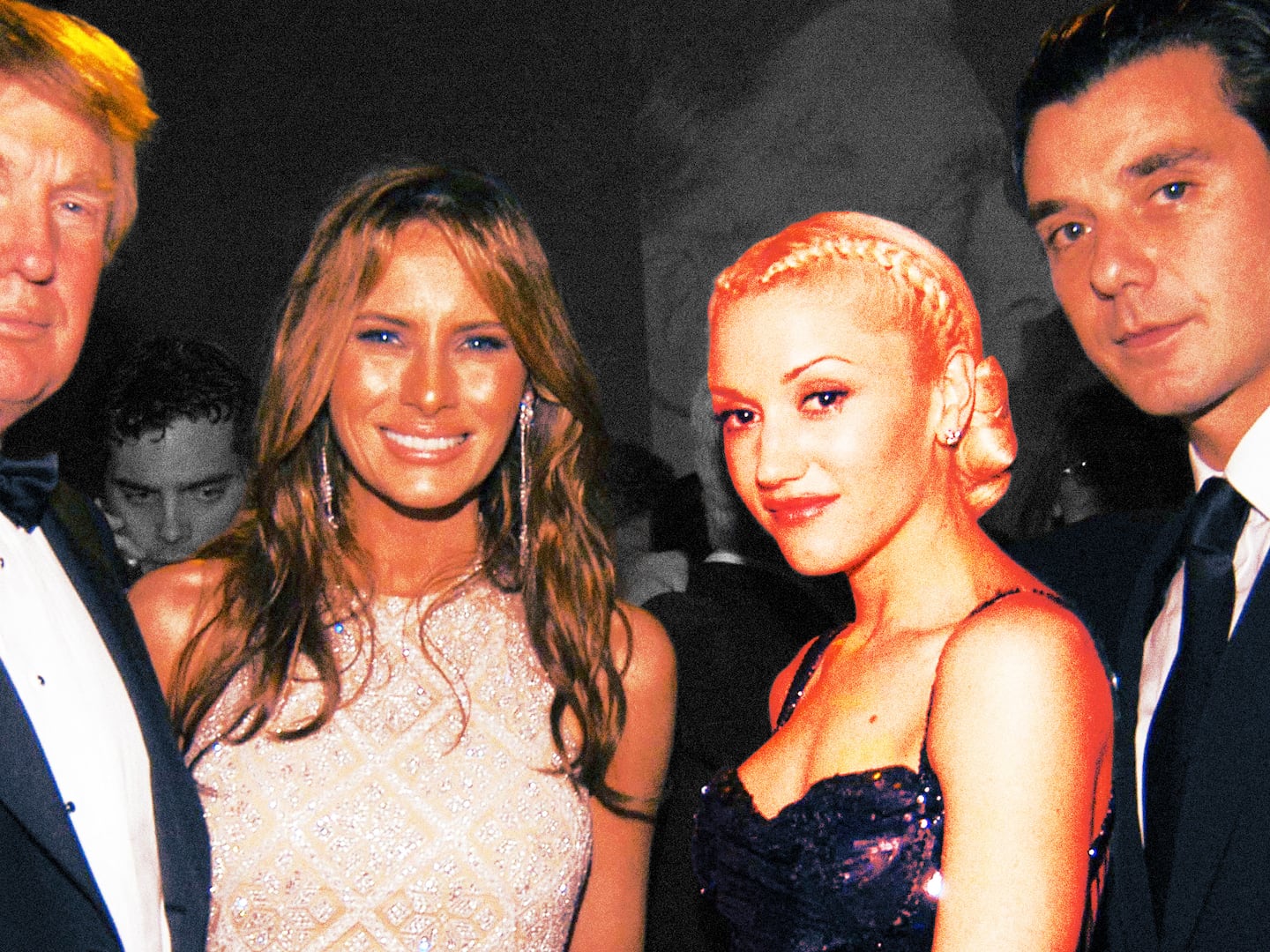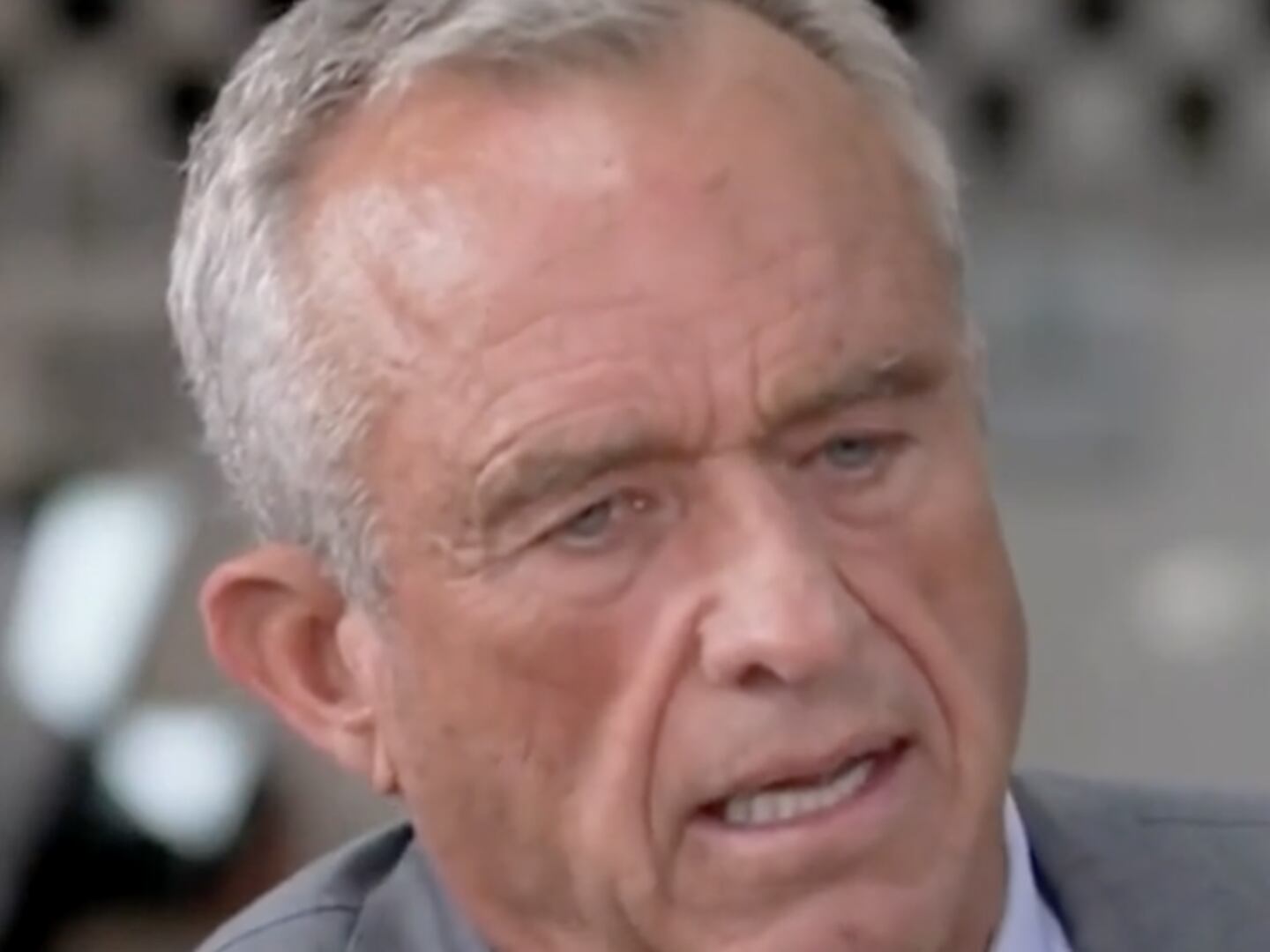Opinion
Illustration by Elizabeth Brockway/The Daily Beast
Michael Ian Black: Gen Z Grew Up in Complete Political Chaos and Somehow Came Out Happy
THESE KIDS TODAY
My kids’ generation is content and hopeful, despite inheriting a democracy in decline and a burning world.
opinion

Trending Now




